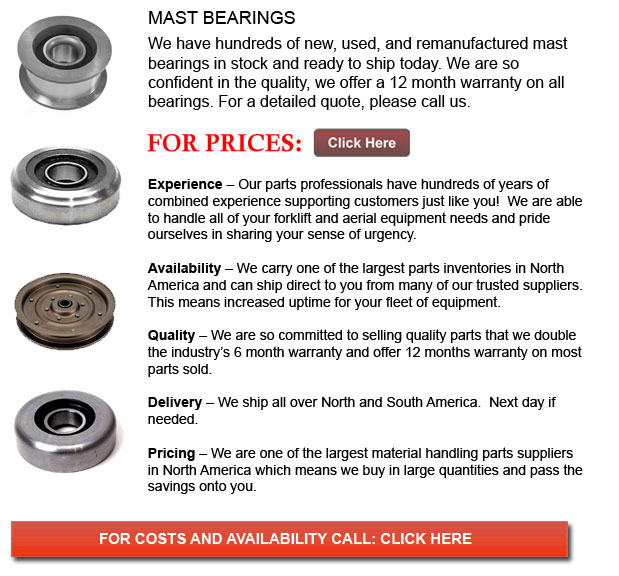
Forklift Mast Bearings - A bearing enables better motion among two or more parts, normally in a linear or rotational procession. They may be defined in correlation to the flow of applied weight the can take and in accordance to the nature of their operation
Plain bearings are often utilized in contact with rubbing surfaces, normally with a lubricant like graphite or oil also. Plain bearings could either be considered a discrete tool or not a discrete gadget. A plain bearing may comprise a planar surface that bears another, and in this situation will be defined as not a discrete device. It could comprise nothing more than the bearing exterior of a hole along with a shaft passing through it. A semi-discrete example would be a layer of bearing metal fused to the substrate, whereas in the form of a separable sleeve, it would be a discrete gadget. Maintaining the proper lubrication allows plain bearings to provide acceptable accuracy and friction at minimal expense.
There are other types of bearings which can better accuracy, reliability and develop effectiveness. In various applications, a more suitable and specific bearing can improve weight size, operation speed and service intervals, therefore lowering the whole costs of operating and buying equipment.
Bearings will vary in materials, shape, application and needed lubrication. For example, a rolling-element bearing will use spheres or drums between the parts to control friction. Reduced friction provides tighter tolerances and higher precision than plain bearings, and less wear extends machine accuracy.
Plain bearings can be constructed of metal or plastic, depending on the load or how dirty or corrosive the surroundings is. The lubricants which are utilized can have significant effects on the lifespan and friction on the bearing. For instance, a bearing could be run without whatever lubricant if continuous lubrication is not an alternative since the lubricants can draw dirt that damages the bearings or tools. Or a lubricant can improve bearing friction but in the food processing industry, it may require being lubricated by an inferior, yet food-safe lube so as to avoid food contamination and ensure health safety.
Most bearings in high-cycle applications need some lubrication and cleaning. They could need regular modification to be able to minimize the effects of wear. Some bearings can need infrequent maintenance in order to prevent premature failure, though fluid or magnetic bearings can require little maintenance.
Prolonging bearing life is normally achieved if the bearing is kept well-lubricated and clean, though, various types of utilization make constant maintenance a difficult job. Bearings located in a conveyor of a rock crusher for instance, are constantly exposed to abrasive particles. Frequent cleaning is of little use since the cleaning operation is expensive and the bearing becomes dirty again once the conveyor continues operation.
![]() Click to Download the pdf
Click to Download the pdf
Forklift Parts
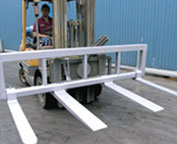
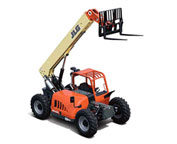
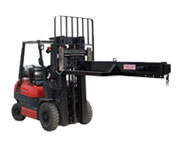
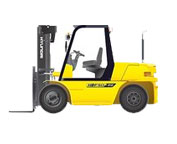
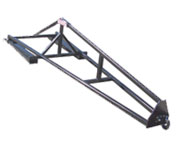
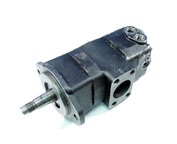
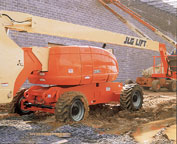
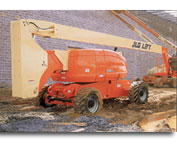
Lift Parts Express
TOLL FREE: 1-888-695-7994
LOCAL: (510) 727-5652
22568 Mission Blvd #407
Hayward, California
forkliftpartshayward.com
Email Us
About Us


